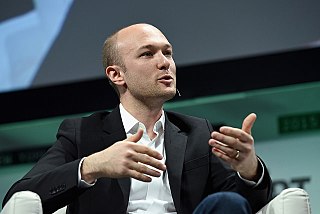A Quote by Jonathan Ive
I feel that it's lovely when, as a user, you're not aware of the complexity.
Quote Topics
Related Quotes
I try to be aware of what I'm concerned about, aware of how I feel about myself in the world, aware of how I feel about the issues of the day, but I guess I don't want to write essays in my head about my craft and maybe it's because I teach and talk about craft of other writers as a reader. I feel the moment I start doing that is when it's going to kill me.








































